Green NCAP, a new consumer programme to promote more enviromentally friendly cars, has launched its first round of ratings for 12 cars, with Hyundai Ioniq and BMW i3 achieving top results.
Twelve cars have been rated against a “tough” new test regime which explores the gap between manufacturers’ claims and real-world performance.
Green NCAP is a new consortium, comprising European governments, motoring clubs, consumer groups and universities, hosted and supported by the European New Car Assessment Programme.
It aims to promote cars that are less polluting and more fuel- and energy-efficient by providing consumers with independent information about cars’ performance in tests that go well beyond legislative requirements to uncover the differences between manufacturers’ emissions-control strategies.
Euro NCAP’s chairman Pierre Castaing said: “For years, there has been a mismatch between the way cars perform in regulatory tests and how they perform on the road. Consumers often don’t get the fuel economy officially claimed for their vehicles and end up paying for the difference in fuel.”
It will provide clarity to consumers in a field awash with confusing information and city-imposed driving restrictions.
For this, Green NCAP’s first round of tests, twelve cars have been rated: the Hyundai Ioniq and BMW i3, both electric vehicles, achieved a maximum five-star rating, and the VW up! GTI got a creditable four stars.
BMW’s X1 2.0d and the Mercedes-Benz A200 have both been awarded three stars; while the Ford Fiesta 1.0 EcoBoost was rated as two stars in its latest guise.
A one-star rating was given to the Audi A7 50 TDI, the Volvo XC40 T5 and the Subaru Outback 2.5.
Three cars – the VW Golf 1.6TDI, the FIAT Panda 1.0 and the previous level Ford Fiesta 1.0 EcoBoost - got zero-star ratings.
All three of the zero-star cars are approved to Euro 6b emissions standards, still valid for models introduced before September 2017.
However, from September 2019, all cars will have to meet the tougher standards of Euro 6d-temp and updated versions of these cars will be rated in the next round of tests.
Castaing said: “Now, legislation is tightening-up, but consumer testing can complement it and go a step further: it can really encourage car manufacturers to beat their competitors by innovating in the field of energy efficiency and emission reduction.
"We’re confident that they will respond to the challenge, to the benefit of car-buyers and the environment.”
Green NCAP will soon include driving range in its assessment, and ultimately, will look at the whole life-cycle of the vehicle, which may close the gap between electric cars and those powered by fossil fuels.
For some of the petrol and diesel cars, there is a trade-off between pollutant-control and good energy efficiency. The results highlight the strategies that manufacturers have used in order to achieve one or the other. The Green NCAP rating scheme presses for both.

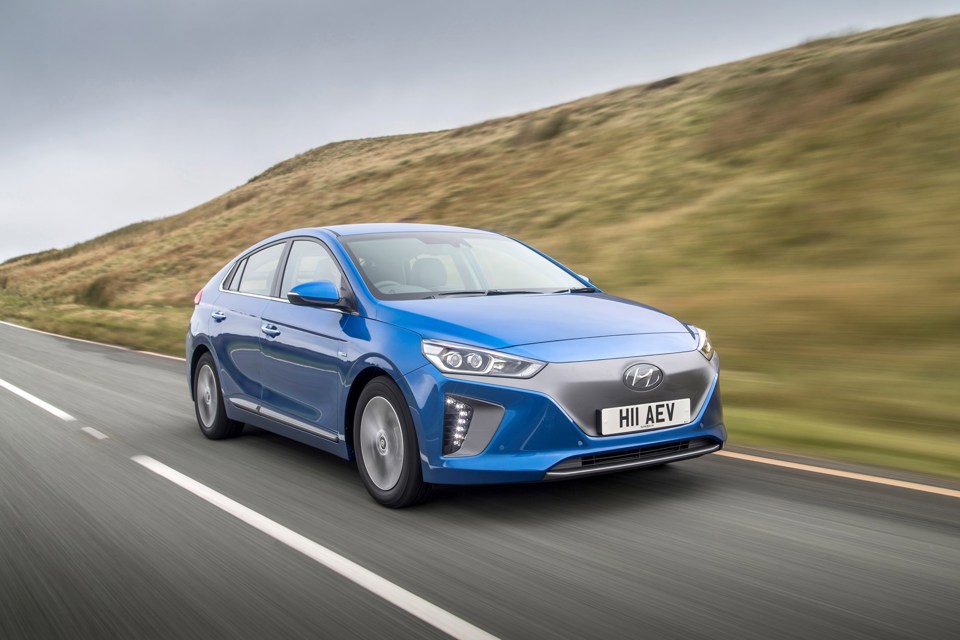
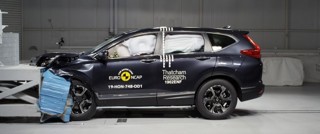
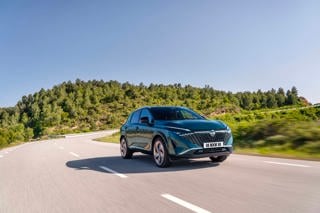
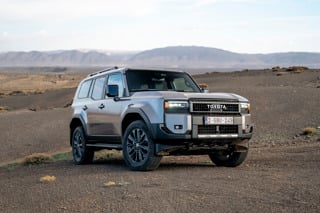

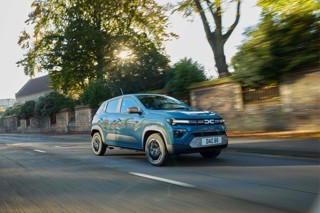












Login to comment
Comments
No comments have been made yet.